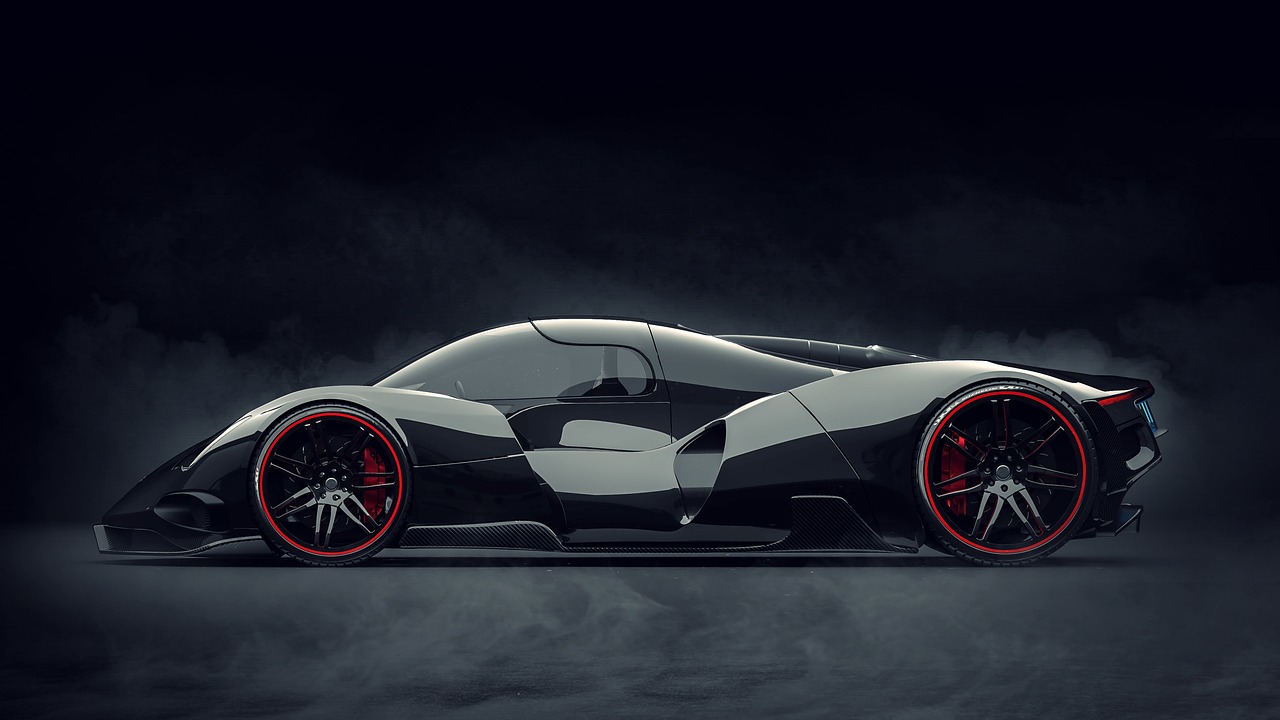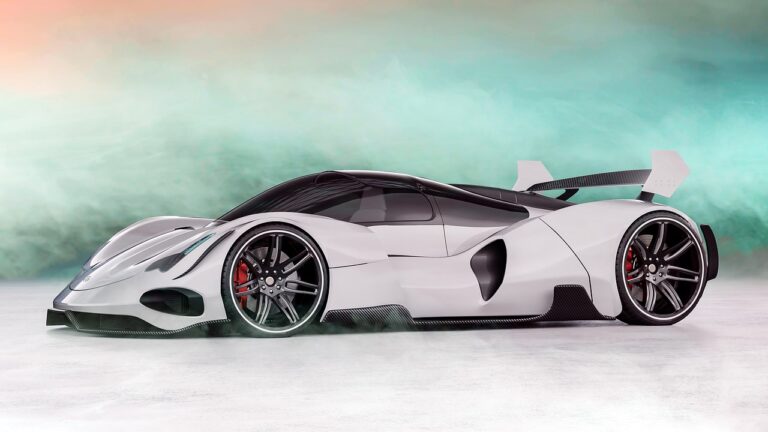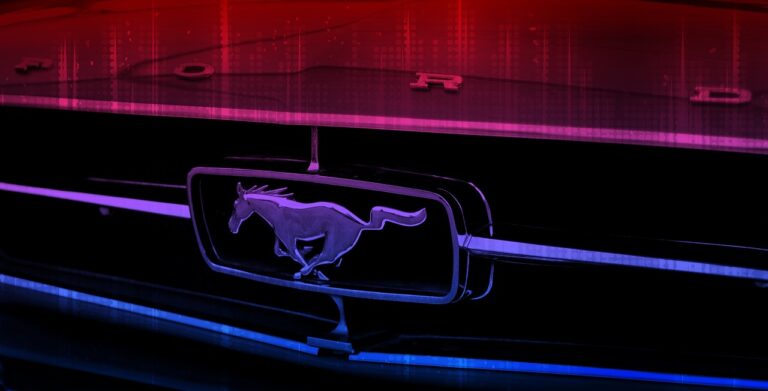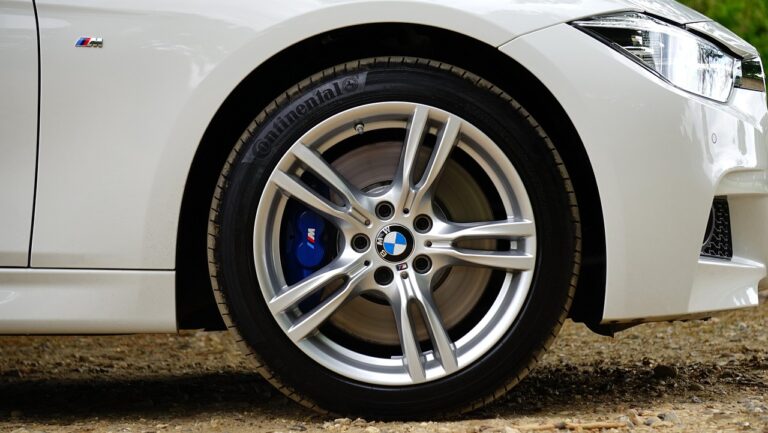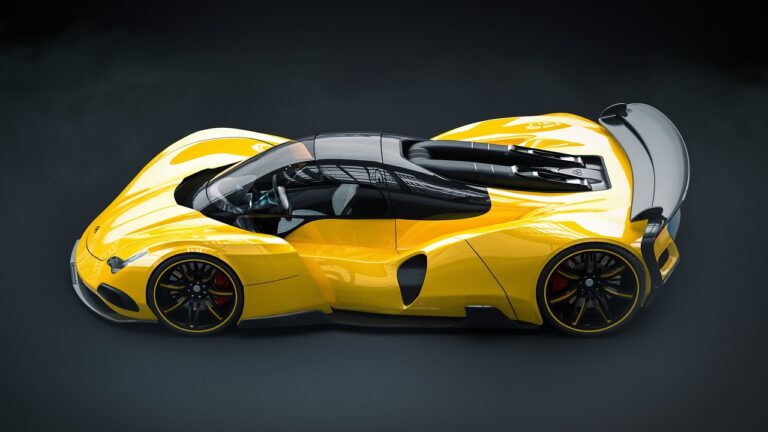Hybrid Brake Systems: Combining Traditional and Electric Components
allpanel com, best online cricket id, gold 365 cricket:Hybrid Brake Systems: Combining Traditional and Electric Components
When it comes to hybrid vehicles, one of the most critical components that ensure safety and performance is the braking system. Hybrid brake systems combine traditional hydraulic braking components with electric elements to create a more efficient and responsive braking experience. This integration of different technologies aims to provide the driver with smoother braking, improved energy regeneration, and overall better driving dynamics.
In this article, we will delve into the world of hybrid brake systems, exploring how they work, the benefits they offer, and why they are becoming increasingly common in modern vehicles.
How do Hybrid Brake Systems Work?
Traditional braking systems rely on hydraulic pressure to apply force to the brake pads, which then press against the rotors to slow down the vehicle. In contrast, hybrid brake systems incorporate electric components, such as regenerative braking and brake-by-wire technology, to complement the traditional hydraulic elements.
Regenerative braking is a key feature of hybrid brake systems that allows the vehicle to recover kinetic energy during deceleration. When the driver lifts off the accelerator or steps on the brake pedal, the electric motor functions as a generator, converting the vehicle’s kinetic energy into electrical energy. This energy is stored in the battery and can be used to power the electric motor or other electrical components, such as lights and climate control systems.
Brake-by-wire technology replaces the physical connection between the brake pedal and the braking system with electronic sensors and actuators. When the driver presses the brake pedal, the sensors detect the amount of force applied and send signals to the actuators to engage the brakes. This system allows for more precise control over braking force and enables features like automatic emergency braking and adaptive cruise control.
Benefits of Hybrid Brake Systems
There are several benefits to using hybrid brake systems in vehicles:
1. Improved energy efficiency: Regenerative braking helps to reduce fuel consumption and emissions by capturing and storing energy that would otherwise be wasted as heat during braking.
2. Enhanced driving dynamics: The integration of electric components in the braking system enables smoother and more responsive braking, providing a more comfortable driving experience.
3. Extended brake life: Regenerative braking puts less stress on the traditional braking components, such as brake pads and rotors, resulting in reduced wear and tear and longer service life.
4. Increased safety: Brake-by-wire technology enhances safety features like automatic emergency braking and adaptive cruise control, helping to prevent collisions and mitigate the impact of accidents.
Why are Hybrid Brake Systems becoming more Common?
As automakers strive to meet stricter emissions regulations and improve fuel efficiency, hybrid brake systems have become an integral part of their strategy. By combining the best features of hydraulic and electric braking technologies, hybrid brake systems offer a more sustainable and efficient solution for modern vehicles.
Furthermore, advancements in electric vehicle technology have paved the way for the widespread adoption of hybrid brake systems. As the popularity of hybrid and electric vehicles continues to grow, automakers are investing in research and development to optimize the performance of hybrid brake systems and enhance the overall driving experience.
In conclusion, hybrid brake systems represent a significant breakthrough in automotive engineering, combining the strengths of traditional hydraulic braking systems with the efficiency of electric components. As vehicle technology continues to evolve, hybrid brake systems will play a crucial role in shaping the future of transportation.
FAQs
1. Are hybrid brake systems more reliable than traditional braking systems?
Yes, hybrid brake systems are designed to be more reliable and durable than traditional braking systems due to the integration of electric components that help reduce wear and tear on the mechanical parts.
2. Do hybrid brake systems require special maintenance?
While hybrid brake systems may require some additional maintenance compared to traditional braking systems, most of the components are designed to be durable and long-lasting. It is essential to follow the manufacturer’s recommended maintenance schedule to ensure optimal performance.
3. Can hybrid brake systems be retrofitted to older vehicles?
In most cases, hybrid brake systems are specifically designed for hybrid and electric vehicles and may not be compatible with older vehicles. Retrofitting a hybrid brake system to an older vehicle would require significant modifications and may not be cost-effective.
4. How do hybrid brake systems affect driving performance?
Hybrid brake systems can enhance driving performance by providing smoother braking, improved energy regeneration, and more precise control over braking force. Drivers may notice a more responsive and dynamic driving experience with a hybrid brake system-equipped vehicle.

